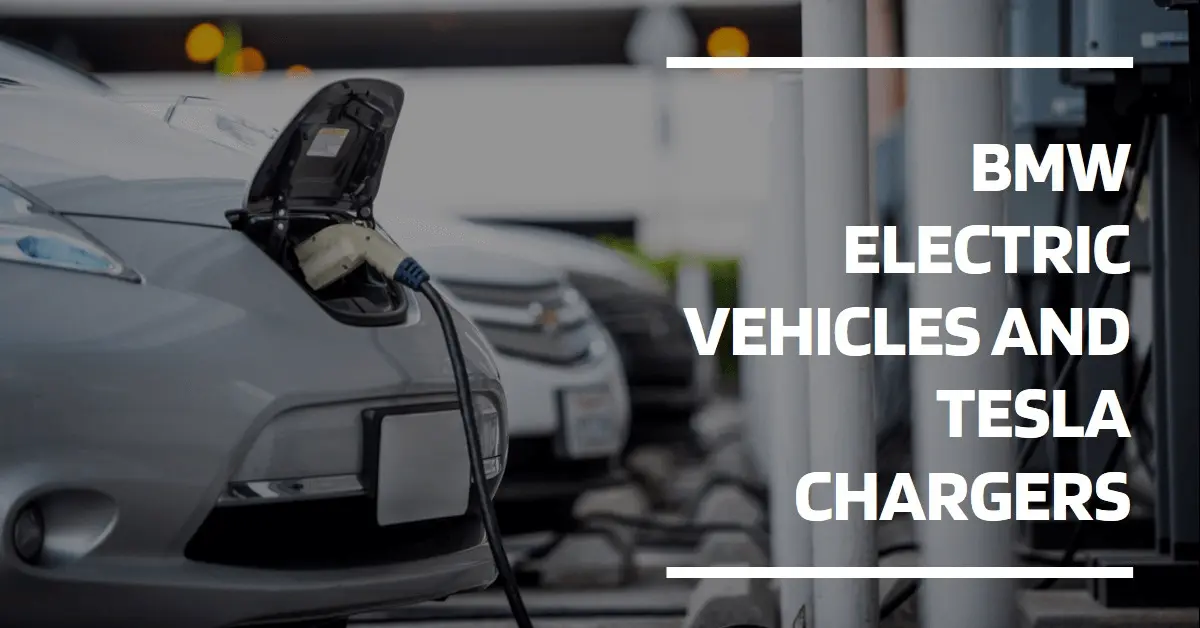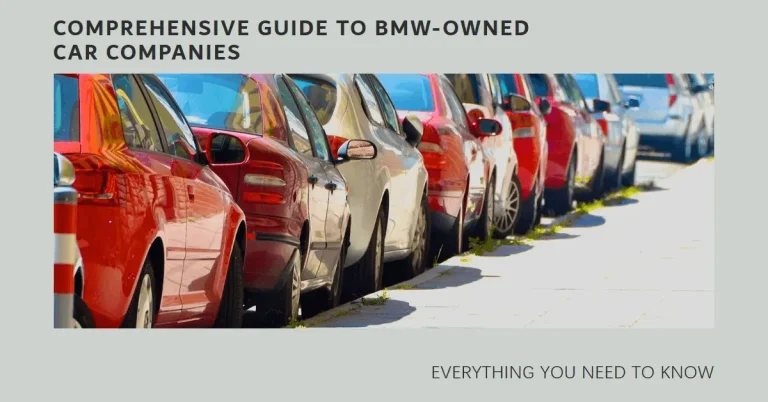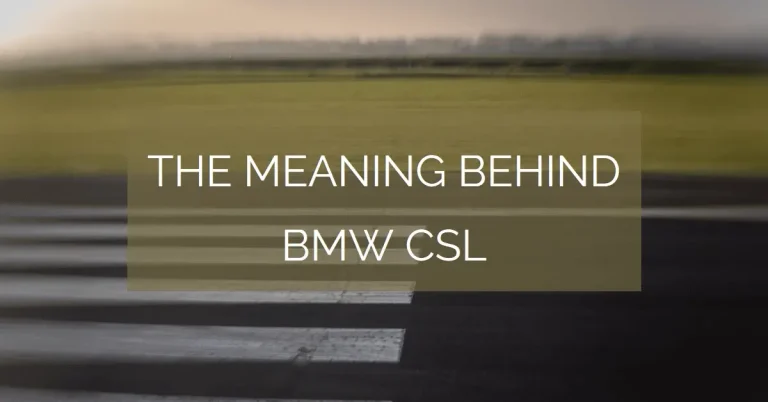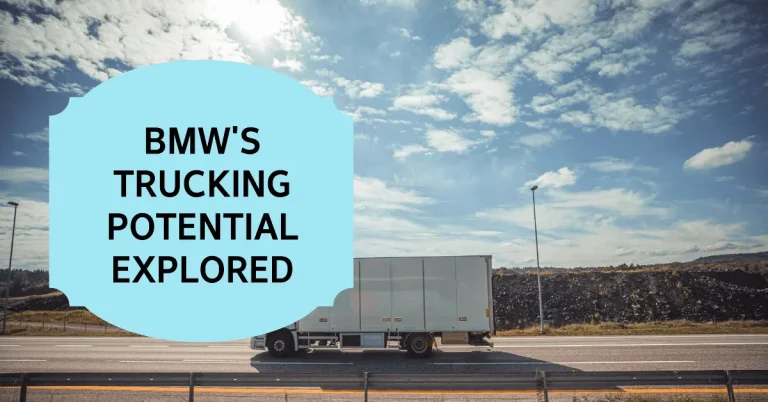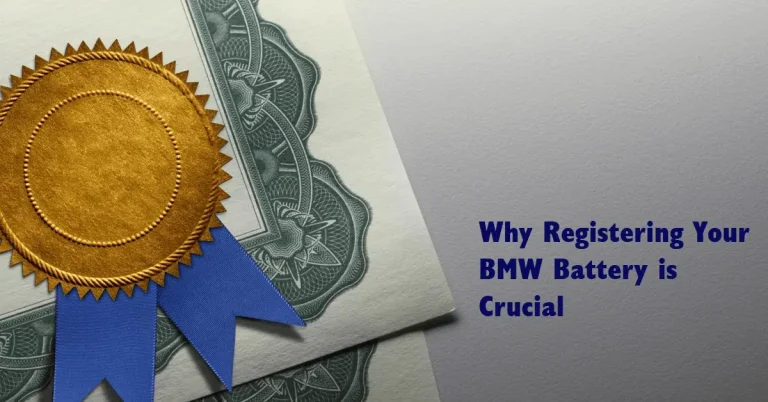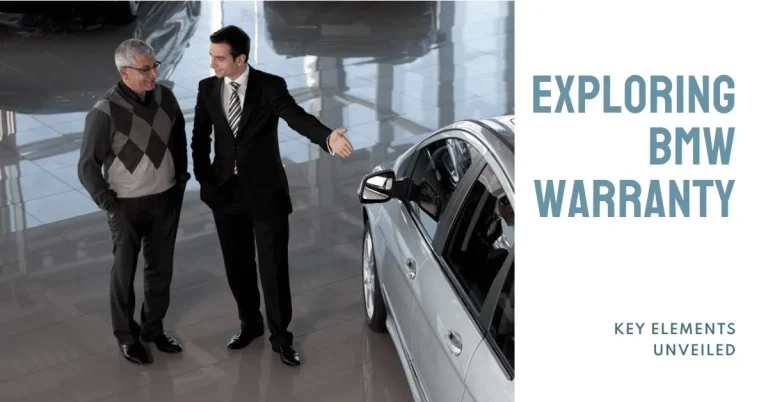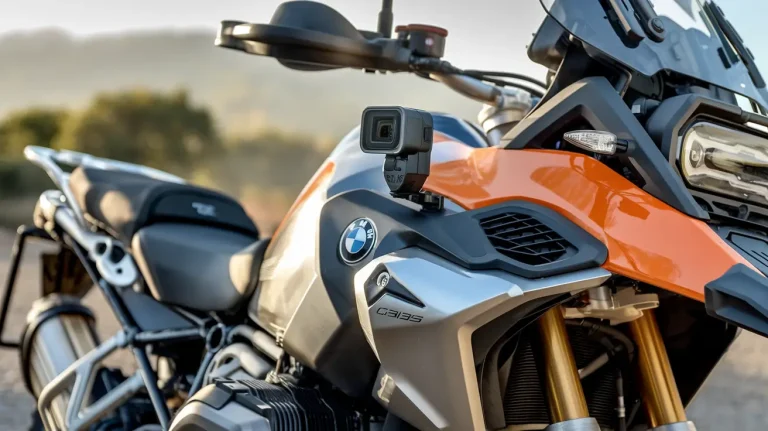Can BMW Electric Vehicles Use Tesla Chargers?
As electric vehicles (EVs) become increasingly popular, one of the most common concerns for potential buyers is access to reliable charging infrastructure. Tesla has been at the forefront of the EV revolution, and its vast Supercharger network is often considered the gold standard for fast charging. But what about other automakers like BMW? Can owners of BMW electric cars charge their vehicles at Tesla’s Supercharger stations?
The short answer is yes, BMW drivers will soon be able to access Tesla’s Supercharger network, thanks to a recent agreement between the two companies. In this article, we’ll delve into the details of this partnership, explore the benefits it offers, and provide an overview of BMW’s electrification strategy and charging options.
BMW’s Agreement with Tesla
In October 2023, BMW of North America announced that drivers of BMW, MINI, and Rolls-Royce Combined Charging System (CCS) battery electric vehicles (BEVs) in the United States and Canada will gain access to designated Tesla Supercharger stations starting in early 2025.
This agreement is part of BMW’s efforts to provide its customers with the best possible EV charging experience. With six fully electric models already available in the U.S. market and more to come, ensuring easy access to reliable and fast charging is a top priority for the German automaker.
How Will It Work?
BMW, MINI, and Rolls-Royce are working together with Tesla to create a seamless customer experience. This will allow drivers to find and access available Superchargers on their vehicle’s display and make payments through their respective brand’s app.
For existing BMW, MINI, and Rolls-Royce EVs with CCS ports, the automakers will provide adapters that will enable compatibility with Tesla’s Superchargers. This means that even owners of current models like the BMW i4, i5, i7, iX, MINI Cooper SE, and Rolls-Royce Spectre will be able to take advantage of the partnership.
BMW’s Adoption of NACS
As part of the agreement, the BMW Group will also adopt the North American Charging Standard (NACS) for its battery electric vehicles in the U.S. and Canada, starting in 2025. NACS is Tesla’s proprietary charging standard, which is considered the industry’s gold standard for fast charging.
By adopting NACS, BMW, MINI, and Rolls-Royce will ensure that their future EVs are compatible with Tesla’s Supercharger network without the need for adapters. This move aligns with the industry’s push towards standardization, as several other automakers have also announced plans to adopt NACS in the coming years.
Benefits of the Partnership
The partnership between BMW and Tesla offers several benefits for EV drivers, including:
Expanded Charging Network
One of the primary advantages of this agreement is the expanded charging network it provides for BMW, MINI, and Rolls-Royce EV owners. Tesla’s Supercharger network is widely regarded as the most extensive and reliable fast-charging infrastructure in the world, with over 35,000 Superchargers across North America, Europe, and Asia.
By gaining access to this network, BMW drivers will have more charging options, making long-distance travel more convenient and reducing range anxiety.
Faster Charging Speeds
Tesla’s Superchargers are known for their impressive charging speeds, with the latest V3 Superchargers capable of delivering up to 250 kW of power. This means that compatible EVs can charge from 10% to 80% in as little as 20 minutes, significantly reducing downtime during longer journeys.
With BMW’s adoption of NACS, future models will be designed to take full advantage of these high charging rates, providing a more seamless and efficient charging experience for owners.
Improved Charging Experience
In addition to expanded access and faster charging speeds, the partnership aims to enhance the overall charging experience for BMW drivers. The companies are working on integrating features such as locating and navigating to available Superchargers directly from the vehicle’s display and enabling in-app payments for a seamless transaction.
These conveniences, combined with Tesla’s commitment to providing a comfortable charging environment with amenities like lounges, restrooms, and customer service, will make the charging process more enjoyable and user-friendly for BMW EV owners.
BMW’s Electrification Strategy and Charging Options
BMW has been actively pursuing electrification, with a growing lineup of fully electric vehicles across its BMW, MINI, and Rolls-Royce brands. As part of its commitment to sustainable mobility, the company aims to have at least one fully electric model on the road in about 90% of its current market segments by 2023.
BMW’s Current EV Lineup
As of 2023, BMW offers several fully electric models in the U.S. market, including:
- BMW i4: A fully electric Gran Coupé
- BMW iX: BMW’s flagship electric SUV
- BMW i7: An all-electric luxury sedan
- MINI Cooper SE: The brand’s first fully electric MINI
Additionally, Rolls-Royce has introduced the Spectre, its first fully electric model, further expanding the BMW Group’s EV offerings.
Charging Options for BMW EVs
To support its growing EV lineup, BMW has been actively working on expanding charging options for its customers.
BMW Charging at Home
Every all-electric BMW comes equipped with a portable Flexible Fast Charger, which is compatible with any 120V household outlet and 240V outlet (adapters included). This allows owners to charge their EVs conveniently at home.
BMW also offers various home charging solutions, including the BMW Wallbox, which provides Level 2 charging capabilities for faster charging times at home.
Public Charging Networks
In addition to the partnership with Tesla, BMW has established relationships with several public charging networks to provide its customers with more charging options.
BMW has partnered with Shell Recharge to provide a more convenient charging experience within the My BMW App. By creating a Shell Recharge account, BMW drivers can easily locate and access public charging stations, as well as pay for charging sessions directly through the app.
New Charging Network Joint Venture
BMW’s agreement with Tesla is independent of another significant initiative the company is involved in – the creation of a new high-powered EV charging network in North America.
In July 2023, BMW announced a joint venture with six other automakers (General Motors, Honda, Hyundai, Kia, Mercedes-Benz Group, and Stellantis) to build a new charging network in the U.S. and Canada. The plan is to install at least 30,000 new chargers in metropolitan areas and along major highways, accessible to vehicles using both CCS and NACS charging standards.
The first stations from this joint venture are expected to open in the summer of 2024, further expanding the charging options available to BMW EV owners.
Conclusion
As the electric vehicle market continues to grow, access to reliable and convenient charging infrastructure is crucial for widespread adoption. BMW’s partnership with Tesla to gain access to the Supercharger network and adopt the NACS charging standard is a significant step forward in addressing this challenge.
By collaborating with Tesla and other automakers, BMW is ensuring that its EV owners have a seamless and efficient charging experience, reducing range anxiety and making long-distance travel more feasible. Additionally, the company’s commitment to expanding charging options through partnerships with public networks and the development of a new joint venture charging network further solidifies its position as a leader in sustainable mobility.
As the industry moves towards standardization and collaboration, partnerships like these will play a vital role in creating a more cohesive and user-friendly charging ecosystem for electric vehicle drivers across the globe.

